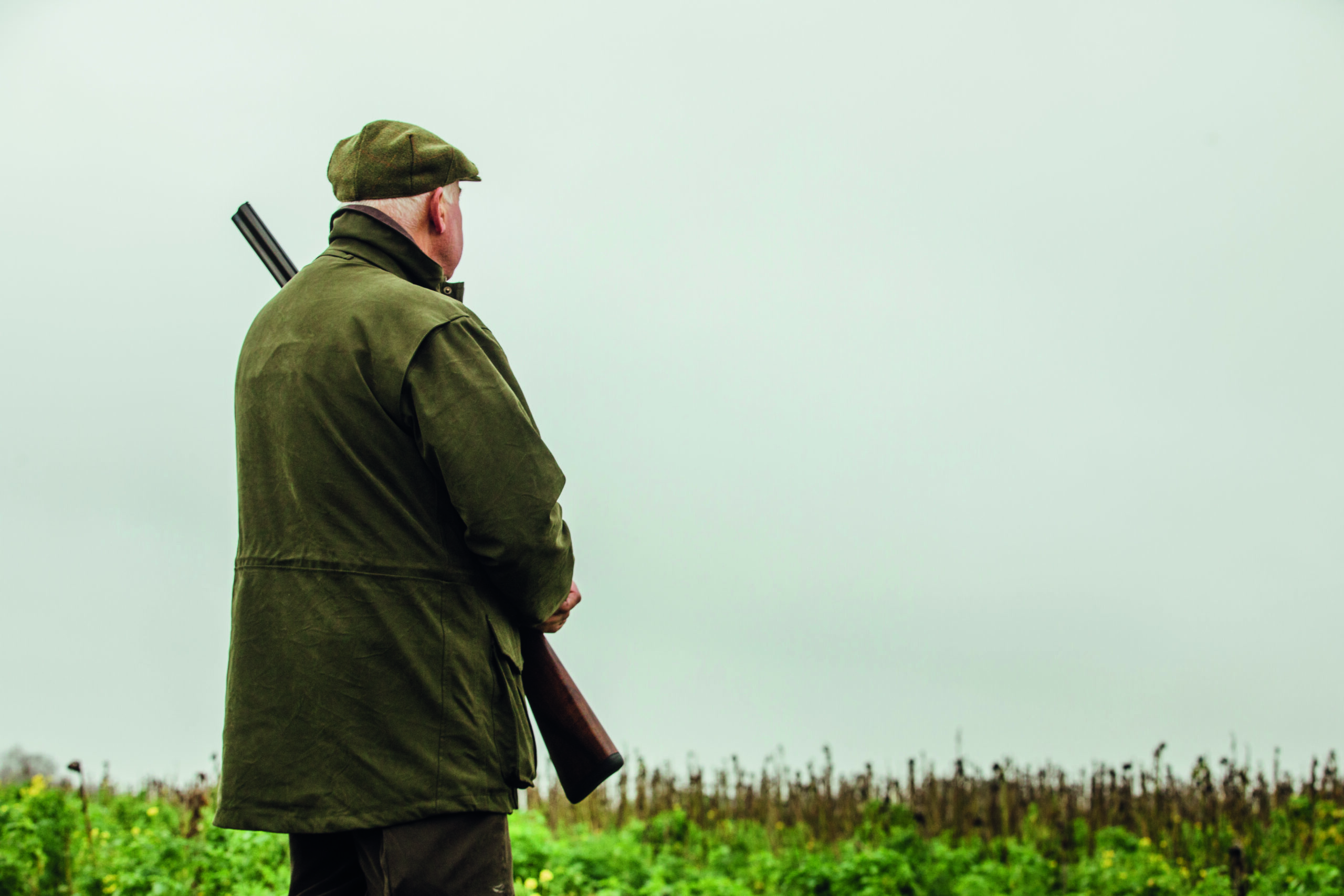Are we doing enough on mental health?
The Environment, Food and Rural Affairs Committee believes the government is complacent on rural mental health. BASC’s Dr Conor O’Gorman investigates.

In November, Shooting Times encouraged greater discussion around mental health in fieldsports, a topical issue given the increased level of medical involvement in firearms licensing in recent years.
There is consensus that discussion and openness about mental health in the shooting community is important. However, I think we also need greater understanding within the medical profession on the importance of appropriate language noted on firearms owners’ medical records.
For example, there needs to be greater awareness that the use of careless phrases such as ‘low mood’ entered
onto records from conversations during routine appointments that could be later misinterpreted as a relevant declarable medical condition.
Accuracy of information is key, given that it could be another GP or medical practitioner down the line reviewing those records, without personal contact, against an applicants’ medical declaration as part of the medical verification process for firearms licensing purposes.
Police forces and their Firearm Licensing Departments also need to ensure a balanced approach by their staff when people come forward about their own or a firearm owner’s mental health issues. A few years ago, Police Scotland and various agencies and rural organisations, including BASC, worked together to produce a leaflet entitled Firearms and mental health — awareness and support, which explored the issues and offered support and advice.
Crucially, the leaflet underlines that seeking help for mental ill health, or raising concerns about people you know, does not mean an automatic loss of a shotgun or firearm certificate. The decision-making role of the police in such matters is explained in the leaflet too.
All quite positive stuff, until Matt Cross, a shooting journalist who has written articles for BASC and ST, recently had his guns confiscated by Police Scotland after tweeting about his improving mental health. That said, I understand from media reports at time of writing that Matt has since been contacted by the firearms licensing department about arrangements for his guns to be returned and an apology from Police Scotland about the “handling of the seizure” (see p9). With all of this in mind there is perhaps a wider issue to be considered and that is whether there is sufficient mental health support available to us in rural areas. In November 2021, the Environment, Food and Rural Affairs Committee (EFRA) launched an inquiry into rural mental health. BASC’s submission to the inquiry highlighted the evidenced abuse and threats received by gamekeepers, which in certain cases had led to mental health deterioration and relationship breakdowns.
In fact, almost two-thirds of gamekeepers experience threatening behaviour or abuse from members of the public and this is linked to local and online campaigns by those with ideological views against shooting.
BASC highlighted evidence of how shooting makes an important contribution to the health and wellbeing among people of all ages, backgrounds and abilities, and said there was an opportunity to introduce schemes and funding to encourage more people to benefit from shooting, which would be good for them, local communities and the environment.
The EFRA committee reported its findings to the government in May 2023 with a call for urgent action on rural mental health. However, the government response, published in November, stated that the specific mental health needs of rural communities did not require targeted action and that existing provisions were sufficient to safeguard rural mental health.
I am not sure where we go from there, other than to keep the conversations going around mental health in our community. Being part of a community, and participation in shooting, whatever the discipline, brings people of the same interest together. And that is something BASC will continue to champion on the policy front.








